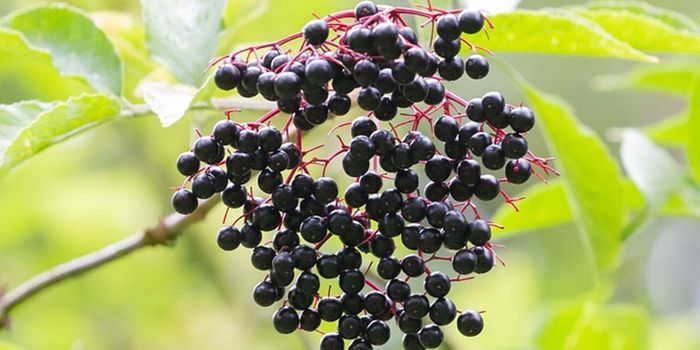Using Table Salt Is Linked to Premature Death
A recent study published in the European Heart Journal has shown that people who add extra salt to their food at the table are at a higher risk of premature all-cause mortality. Additionally, those who frequently add salt to their foods have a lower life expectancy.
The study included over 500,000 participants from the UK Biobank who filled out a questionnaire on how frequently they added salt to their food (not including while cooking). The researchers followed up a median of 9 years later and measured premature deaths and all-cause mortality among participants.
Those who said they always added salt to their food had a 28% higher risk of dying prematurely compared to those who never or rarely added salt to their food. Additionally, participants who always added salt to their food had a lower life expectancy than those who never or rarely did; at age 50, the life expectancy of women decreased by 1.5 years and the life expectancy of men decreased by 2.3 years if they always added salt to their food compared to never or rarely adding salt.
Salt intake is related to blood pressure, and salt reduction in the diet can lead to lower blood pressure. At the population level, reducing salt intake could lead to lower incidence of hypertension and help prevent cardiovascular disease. However, researchers have noted that it is important to distinguish between the optimal actions for individuals and the optimal recommendations for the general population. Very low sodium intake may not be beneficial for everyone and can even be harmful in some cases, so taking into account individual circumstances is important before implementing dietary modifications.
Sources: European Heart Journal, Science Daily








